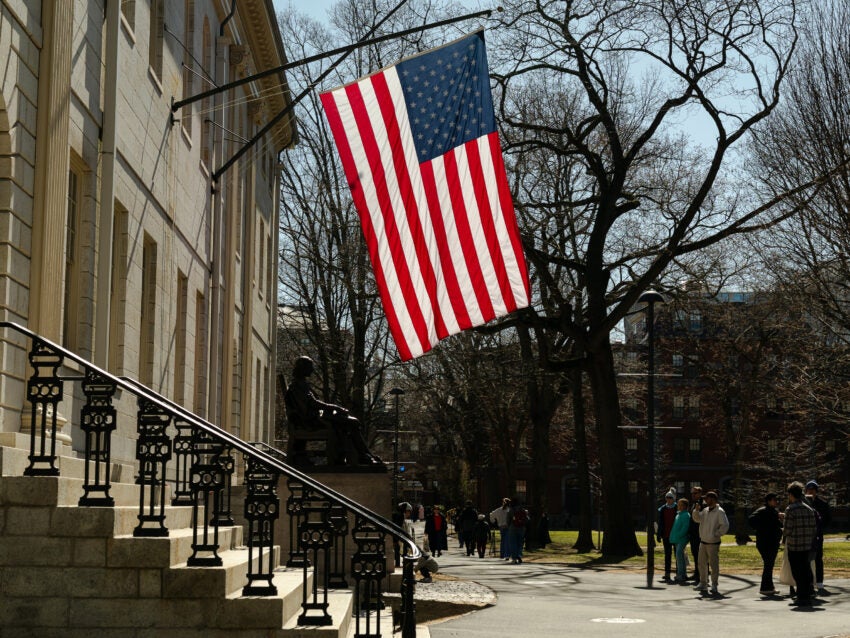Now Reading: What is tax-exempt status and can the IRS revoke it from Harvard?
-
01
What is tax-exempt status and can the IRS revoke it from Harvard?
What is tax-exempt status and can the IRS revoke it from Harvard?

Local News
Harvard University, along with numerous other colleges and charities, benefits from an exemption from federal income and property taxes, resulting in substantial savings. President Donald Trump has raised doubts about whether the university should retain this privilege.
According to sources familiar with the matter, the IRS is considering the possibility of revoking Harvard’s tax-exempt status, as the Trump administration urges the university to make alterations to its hiring, admissions, and curriculum practices.
President Trump has publicly called on Harvard to pay taxes and reduced federal funding by $2.2 billion after the university resisted the administration’s pressure tactics.
Tax-exempt status enables organizations to avoid federal income and property taxes under Section 501(c)(3) of the Internal Revenue Code, making donations to the institution tax-deductible.
Harvard and other universities seek tax-exempt status primarily to save money and enhance credibility, as well as attract major donors. While it is uncommon for the IRS to revoke an educational institution’s tax-exempt status, organizations have the right to appeal any adverse decision.
Losing its tax exemption would have significant repercussions for Harvard, potentially leading to reduced financial aid, the discontinuation of critical medical research, and a decline in innovation opportunities. Revoking Harvard’s tax exemption would not only impact the university but also higher education in general, and could be seen as an infringement on the IRS’s independence from political influence.
This article was originally published in The New York Times.



